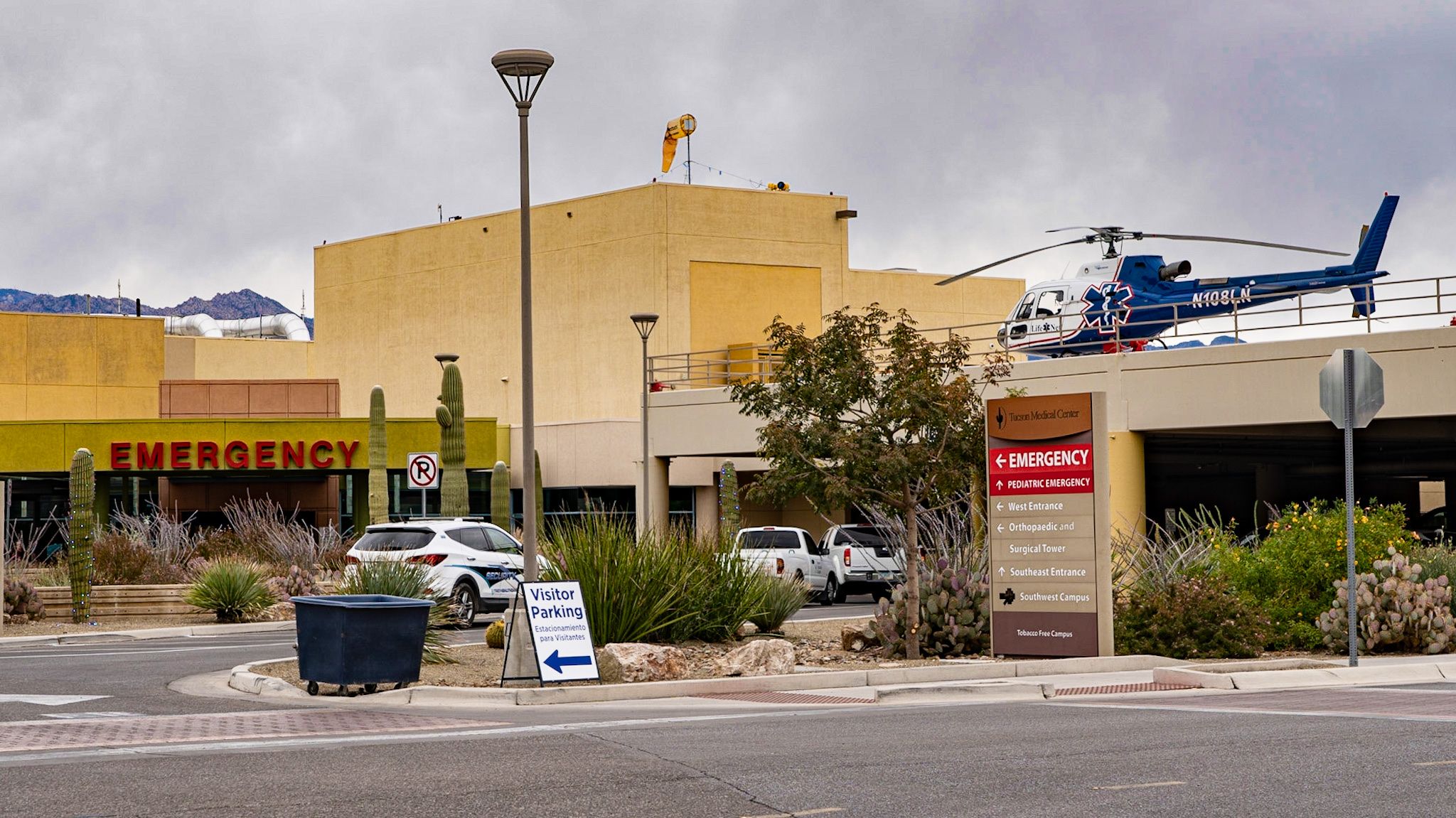EPISODE 107
Should cops transport wounded officers to the hospital in a police car, or wait for an ambulance?

“It depends.” We explore the risks and benefits of a hasty transport instead of waiting for the medical professionals trained for this sort of thing. There are risks and benefits to this practice but it can be a life saving decision. Learn key considerations and other ways you can compress the timeline to definitive trauma care.
Like what we’re doing? Head over to Patreon and give us a buck for each new episode. You can also make a one-time contribution at GoFundMe.
Intro music credit Bensound.com
CLICK BELOW TO SUBSCRIBE NOW ON YOUR FAVORITE PLAYER
THANK YOU TO OUR SPONSORS! PLEASE GO CHECK THEM OUT
Recent Episodes
Hazing vs. Hardening: Building Strong Teams Without Breaking People
Hazing, or just holding the new guy to a high standard? That line matters—and we’re walking it in this episode. Mike and Jim break down where real team-building ends and toxic tradition begins. We’re talking SWAT school, academy culture, leadership, and how to onboard new teammates without wrecking morale. This one’s about building teams that are tough, smart, and built to last.
Kids These Days – Leading Across Generations
Have you noticed that the new guys coming in to your program aren’t as good as you remember yourself being? Does it seem like they need a WHOLE LOT of teaching, cajoling, and coaching? Let’s figure out why and figure out what to do about it.













0 Comments